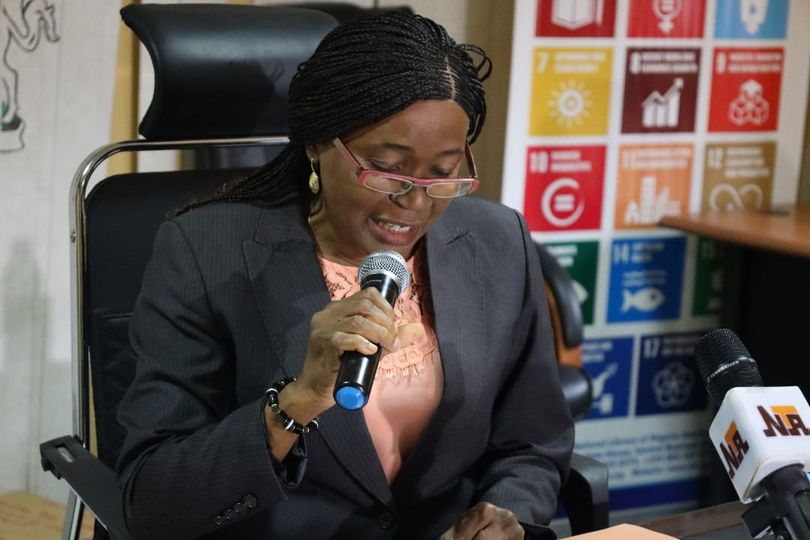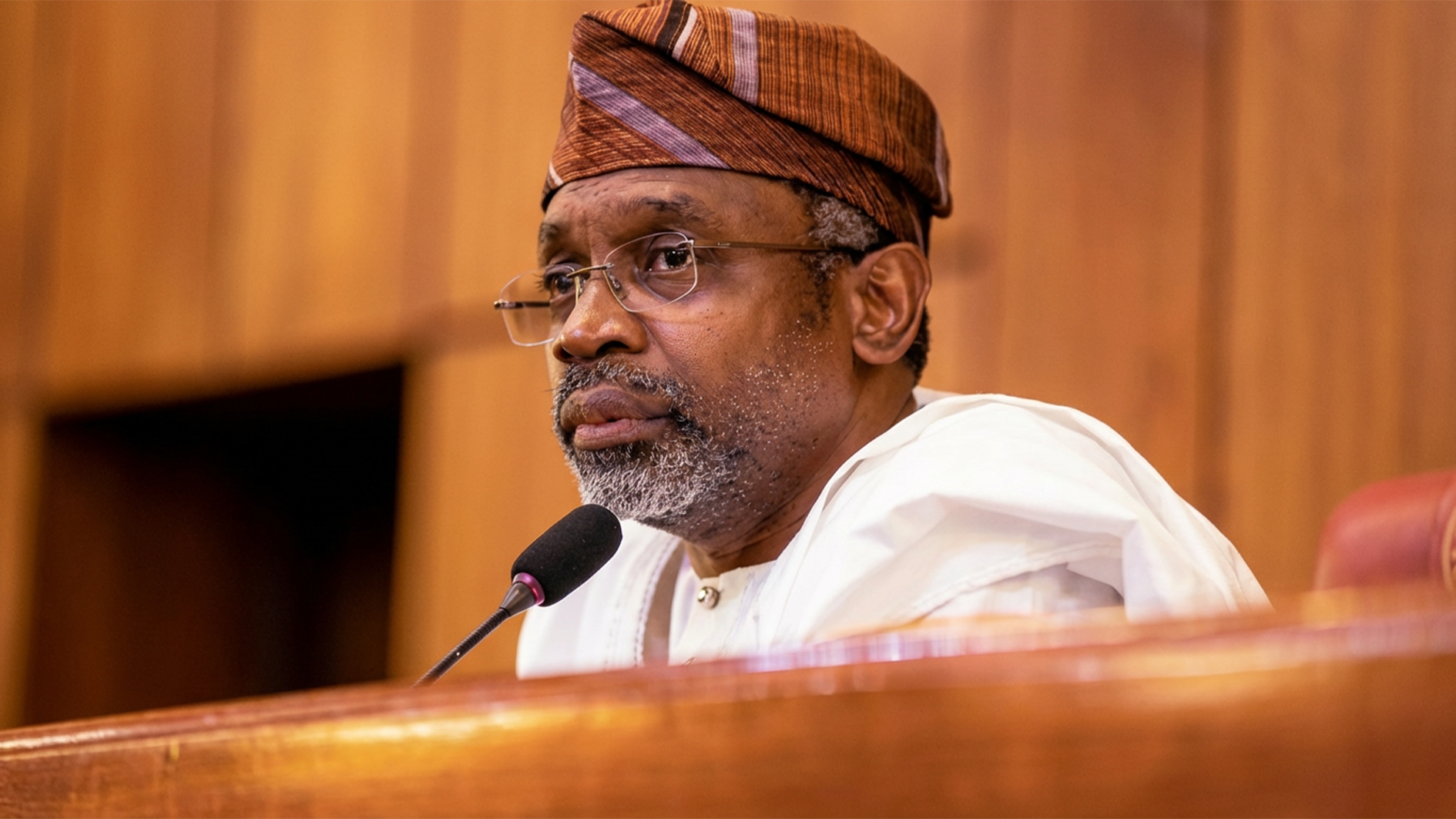
National Library of Nigeria (NLN) has engaged communities across the country to create Nigerian Languages Map, to preserve the mother tongue.
Chief Executive Officer (CEO) of NLN, Prof. Chinwe Anunobi, disclosed this, yesterday, in Abuja at the commemoration of International Mother Tongues Day with the theme, ‘Multilingual Education is a Pillar of Learning and Intergenerational Learning’.
The national librarian said in NLN’s efforts to preserve the mother languages, it engaged communities in all the states to collate and create a ‘Nigerian Language Map’.
According to her, this is not just the map of Nigeria, but much more, as it contains the languages spoken in each state.
“This map will be printed and placed in our reading halls, as a reference material in all our state branches. In addition to that, we are working, as we speak, on a compendium of the alphabets and numerals of our indigenous languages.
“We consider this as the very first and critical step towards the preservation of our languages,” she said.
Anunobi expressed concern over the rate at which languages were going into extinction, adding: “When your language goes into extinction, it is your culture that has gone into extinction.”
The language of each culture, she asserted, is the prime feature of that culture; hence, the need to preserve it. She called on stakeholders to take steps towards the global quest for the revitalisation, preservation and promotion of the world’s indigenous languages.
Expressing the need to avert speedy disappearance of languages, particularly indigenous ones, she said: “Arising from the concern that at least one language dies every two weeks, United Nations Educational, Scientific and Cultural Organisation (UNESCO) in 1999 designated February 21 every year as mother language day.
“Further, the United Nations leveraged and expended on that by designating 2022 to 2032 as International Decade for Indigenous Languages, with a view to revitalise, protect, preserve and promote indigenous languages for sustainable development.”
News Agency of Nigeria (NAN) reports that four major outcomes are expected from the following global engagements: learn, teach and transmit; establish a global priority and foster commitment by all stakeholders.
Others include to ensure legal recognition of indigenous languages by member states and provide enabling environment to enhance functional usage of indigenous languages.
“Nigeria is fully committed to these outcomes; hence, the Ministry of Education directed that children will be taught in basic schools using the language of their communities,” she added.






